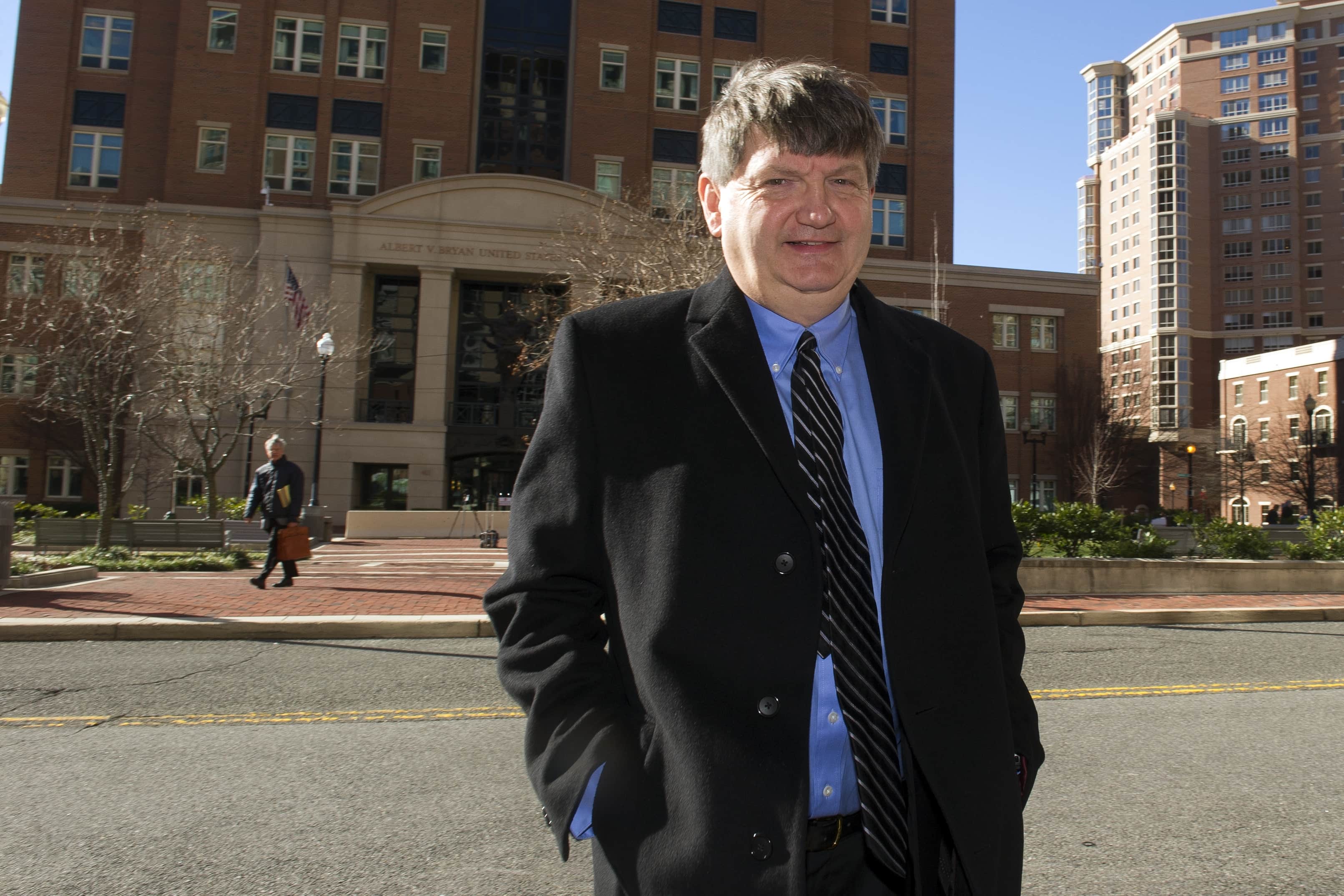Journalist James Risen had stated publically he would go to jail before revealing a source in his 2006 book State of War and had made several legal appeals to challenge the subpoena.
This statement was originally published on cpj.org on 13 January 2015.
The Committee to Protect Journalists welcomes the decision on Monday by the United States Department of Justice to withdraw its subpoena of New York Times reporter James Risen and calls on the Department of Justice to enact guarantees that journalists will not face similar legal action related to confidential sources in the future.
“The fact that for six years James Risen faced the prospect of prison for protecting his source has set a terrible precedent for press freedom in the U.S. and around the world,” said Carlos Lauría, CPJ’s senior program coordinator for the Americas. “This is why it is so important that before leaving office Attorney General Eric Holder ensures that the Department of Justice finalizes the revised guidelines on media subpoenas, ensuring journalists’ ability to conduct news gathering on sensitive issues.”
In a meeting with journalists in May to discuss issuing subpoenas to the press, Holder said, “As long as I’m attorney general, no reporter who is doing his job is going to go to jail,” according to news reports. His remarks came after news reports said that the DOJ had secretly subpoenaed the records of Associated Press and Fox News journalists in separate leak investigations.
Risen had stated publically he would go to jail before revealing his source and had made several legal appeals to challenge the subpoena. In June, the Supreme Court had refused to hear Risen’s case. But on Monday federal prosecutors filed a motion before U.S. District Court Judge Leonie Brinkema that the journalist not be called as a witness in the criminal case against Jeffrey Sterling. The former Central Intelligence Agency officer is accused of disclosing classified information and has been charged under the Espionage Act, according to news reports.
It was a reversal of course for the DOJ, which had been seeking Risen’s testimony since 2008 about the identity of the source in his 2006 book State of War. The government has accused Sterling of being the source for the journalist’s description in the book of a botched, top-secret CIA operation to sabotage Iran’s alleged nuclear program, according to news reports.
Prosecutors argued that Risen should not be called to testify for either the prosecution or defense because his under-oath testimony in a pre-trial hearing January 5 had “laid to rest any doubt concerning whether he will ever disclose his source or sources for Chapter 9 of State of War (or, for that matter, anything else he’s written). He will not. As a result, the government does not intend to call him as a witness at trial,” the motion stated.
The Obama administration has pursued eight prosecutions for leaks of classified information under the Espionage Act, more than twice the total number of such prosecutions since the law was enacted in 1917, according to CPJ research. A 2013 CPJ special report concluded that the Obama administration’s aggressive prosecution of alleged leakers of classified information, broad surveillance programs, and moves to stem the routine disclosure of information to the press show that the president had fallen far short of his promise to head the most open government in U.S. history. Several journalists interviewed for the report told CPJ that leak investigations and surveillance revelations had made government sources fearful of talking about sensitive information.



